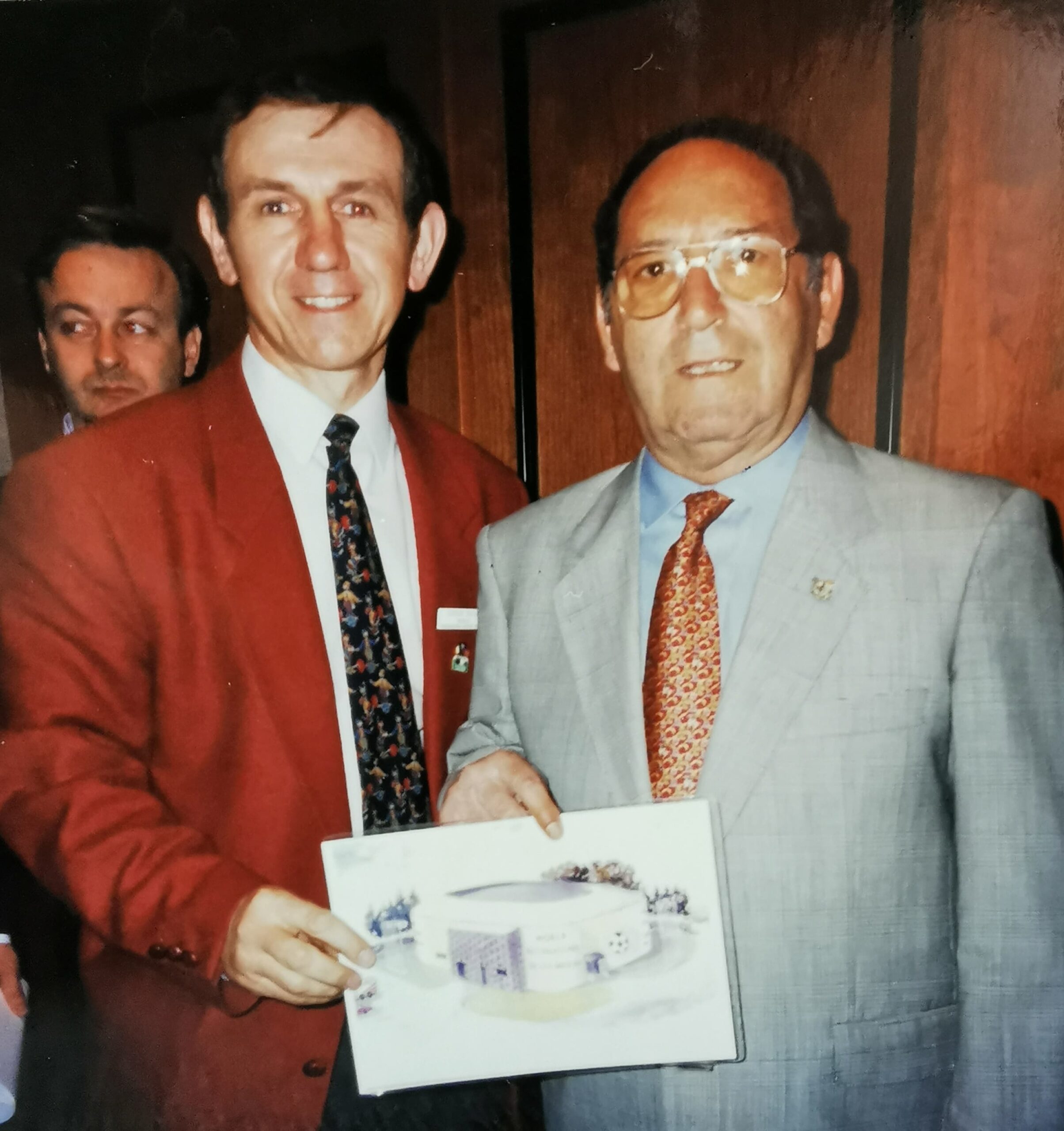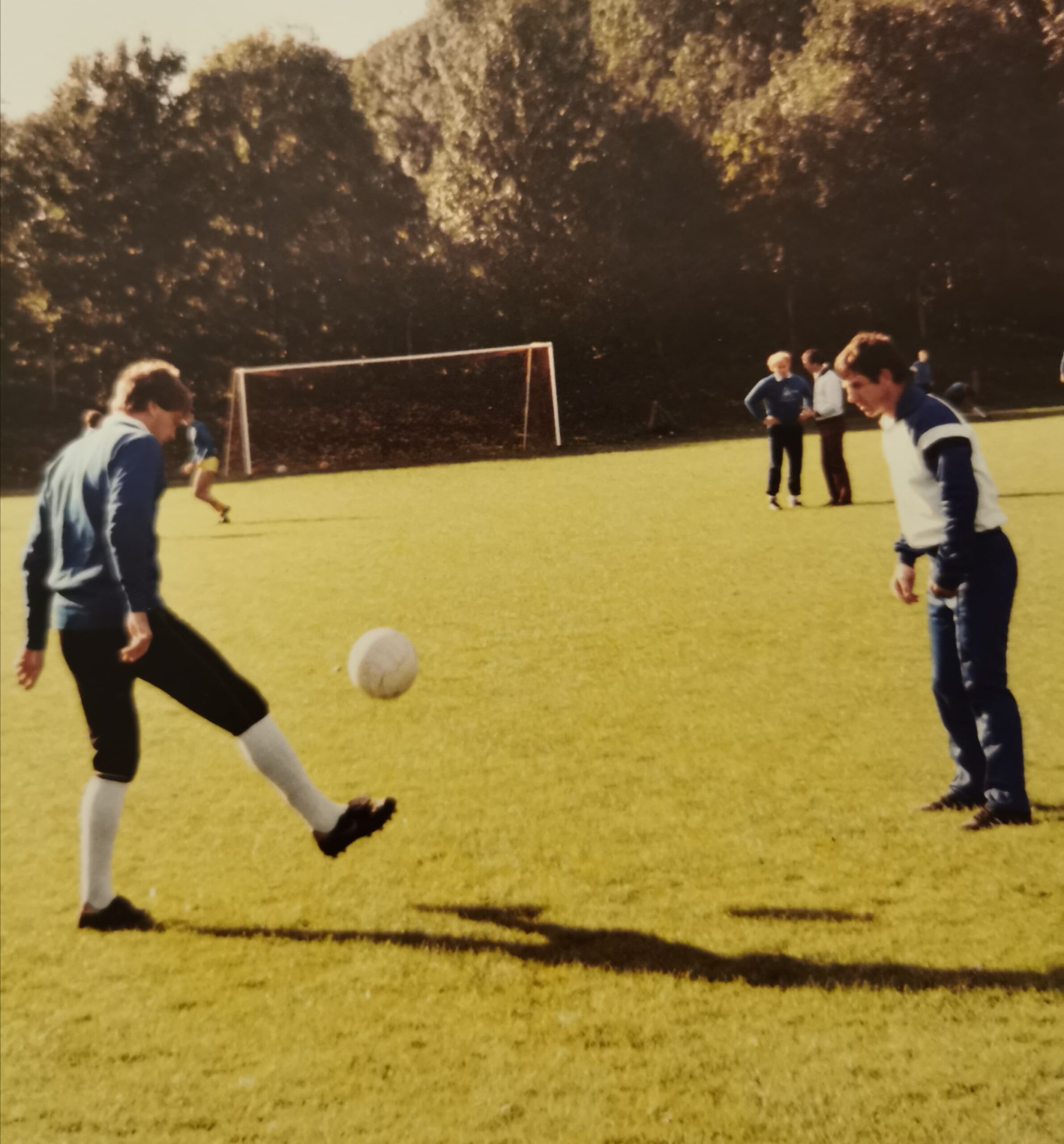La Galerna del Cantabrico
“Pardon my French” is a common English phrase used to excuse the use of profanity. “Pardon my Spanish” is nothing of the kind — it’s just that the above headline seems to me one of the most extraordinary nicknames any footballer anywhere was ever given.
It means “The Gale of the Cantabrian Sea”, and it’s what the phenomenal Spanish winger Francisco (Paco) Gento was known as. He was also called The Habitual European Cup Winner. He played in the Final on 8 occasions, winning 6! And he is the only player to play in the European Cup for 15 consecutive seasons.
I had the great good fortune not only to have seen him play, but to meet The Gale in person. More of that anon as they say.
A star of the great Real Madrid sides of the 1950s and 1960s, speed was one of his trademarks — during his playing career he could run the 100 metres in around 11 seconds. And he was just as fast with the ball as without it. That, and other talents (he was genuinely two-footed and a fine dribbler), made him one of the best left-wingers in the history of the game.
Defenders hated to see him charging towards them, beating them for trickery and speed, and leaving nothing but dust in their faces.
He played alongside some of the greatest names in football — players like Puskas and Di Stefano and Raymond Kopa. And as well as being a prolific scorer himself (128 goals in 428 appearances), he provided many a goal for his teammates. Late in his life he was made Honorary President of Real Madrid.
I met him in Budapest at the 80th Birthday Party for Ferenc Puskas. The accompanying photograph is of the great man and myself holding up a picture of the proposed world international museum to be set up in Galway. Paco spoke reasonable English, and when I made clear to him that there would be a showcase in it from every soccer nation, including Spain, there was no mistaking his pleasure at hearing it.
I also let him know that, as a teenager, I had seen him play in a few European Cup Finals, and that watching him on television had been a source of great excitement and pleasure.
He was a warm and friendly man, very different from Di Stefano who, to me, was a person with a very short fuse and, generally and disappointingly, a grumpy old man.




